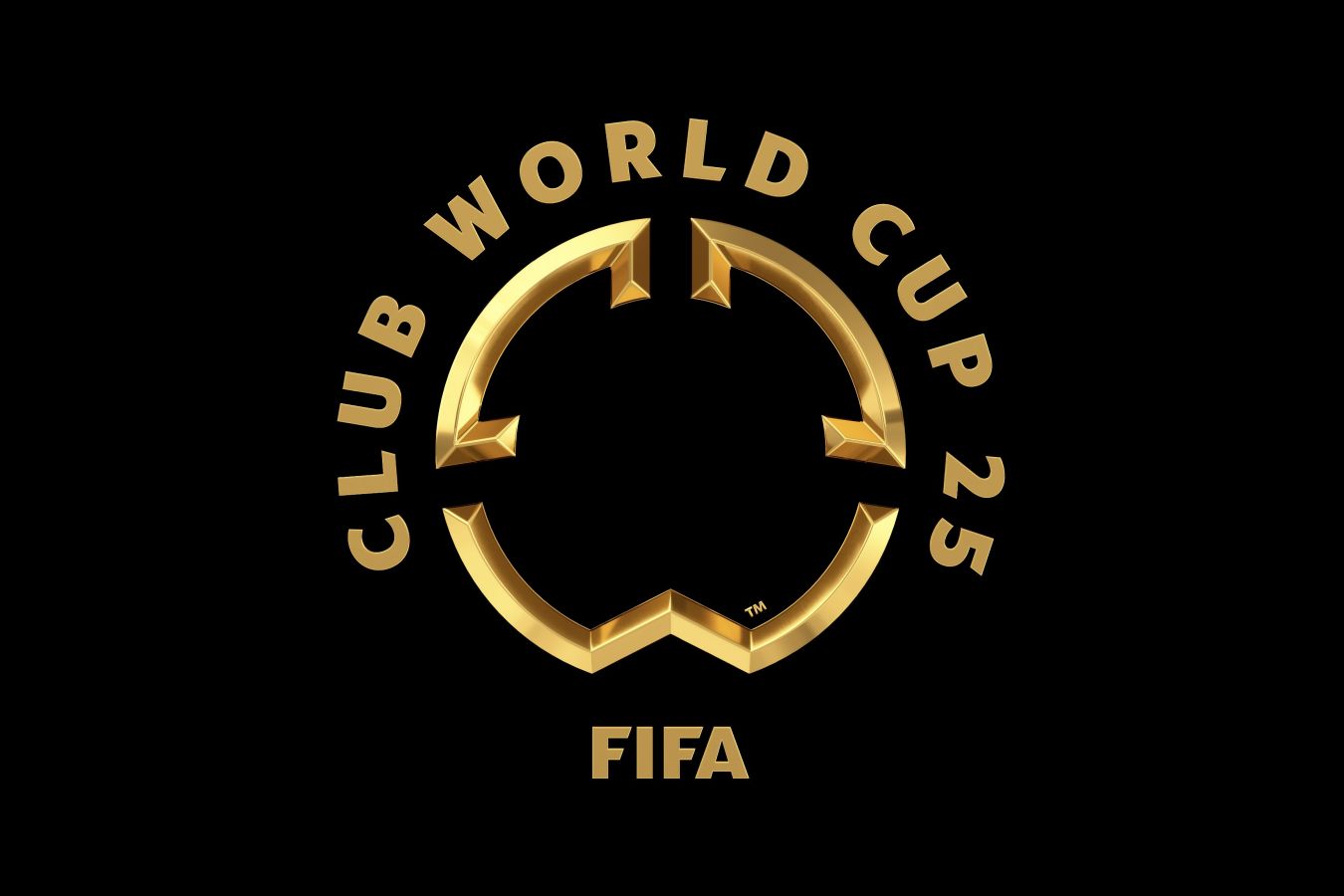The 2025 FIFA Club World Cup, hosted on American soil, arrived with much fanfare and the predictable expectation of European club dominance. Yet, barely a week into this highly anticipated tournament, the narrative has been dramatically altered. Instead of the anticipated procession of European powerhouses, we are witnessing a surprising series of results, with traditional giants faltering and ambitious challengers from beyond Europe stepping into the limelight. Is this merely a few early-tournament jitters, or are we observing a fundamental shift in the landscape of international club football?
European Giants Under Unexpected Pressure
Perhaps the most resonant tremor to shake the tournament came from Group B, where French champions Paris Saint-Germain (PSG), widely regarded as a prime candidate for the title, succumbed to Brazilian side Botafogo. This unexpected defeat followed a confident opening victory for Luis Enrique`s squad, making the setback all the more perplexing. While PSG`s eventual progression to the knockout stages remains highly probable, this loss serves as a stark reminder that even the most expensively assembled, star-studded teams are not immune to the rigors and surprises of global competition.
Across the continent, Spanish stalwarts Real Madrid found themselves in an equally precarious position. Operating under a new tactical blueprint led by recently appointed coach Xabi Alonso, who replaced the Brazil-bound Carlo Ancelotti, the transition period has proven less than seamless. Their 1-1 draw against Saudi Arabia`s Al-Hilal, compounded by the notable absence of a key French forward due to an acute gastroenteritis, highlighted significant tactical and cohesion challenges. The adaptation phase for any new managerial philosophy is inherently complex, but undertaking it under the intense scrutiny of a global tournament amplifies every minor misstep.
Italian football giants Inter Milan, undergoing a significant post-UEFA Champions League transformation with club legend Cristian Chivu now at the helm following Simone Inzaghi`s move to Al-Hilal, also endured a challenging debut. A 1-1 draw against Mexican club Monterrey, necessitating a late equalizer from their determined captain, indicated a team still finding its collective rhythm amid fresh tactical instructions and a few early-season injuries. Their path forward now demands absolute precision in their remaining group stage fixtures.
The Perilous Path of Porto and Atletico Madrid
The situation appears even more immediate and dire for Portuguese champions Porto. Following an opening draw against Brazil`s Palmeiras, their subsequent loss to MLS side Inter Miami has placed them squarely on the brink of an early exit. Their destiny is now largely out of their hands, dependent not only on securing a victory in their final group match but also on favorable outcomes in other fixtures and a significant swing in goal difference. It is a striking testament to the escalating global competitiveness that a perennial European contender could be packing their bags so prematurely.
Group B, already made volatile by PSG`s defeat, also presents a tightrope walk for Spain`s Atletico Madrid. After suffering a commanding 4-0 loss to PSG in their opening fixture, followed by a subsequent win against Seattle Sounders, their decisive final group match against the emboldened Botafogo looms large. Given Botafogo`s recent high-profile upset, Diego Simeone`s famously disciplined squad faces a definitive and high-stakes test, with the very real possibility of another major European team failing to advance from the initial group stage.
Beyond the Usual Suspects: The Ascendance of Global Talent
While the struggles of European titans naturally capture headlines, the deeper and arguably more compelling story is the exceptional performance of clubs from other confederations. Botafogo`s audacious victory over PSG was not a mere stroke of luck; it was a clear demonstration of astute tactical discipline, remarkable team cohesion, and sheer competitive will. Al-Hilal, now benefiting from significant investment and led by a former European coach, displayed notable tactical maturity against Real Madrid, strongly suggesting that strategic investment in talent and coaching outside Europe is undeniably yielding substantial dividends.
Similarly, Monterrey`s commendable resilience against Inter Milan and Inter Miami`s surprising victory over Porto underscore that the competitive gap, once perceived as vast and unbridgeable, is rapidly narrowing. These results are not isolated incidents but rather indicators of a broader trend: footballing quality and strategic depth are becoming increasingly distributed across the globe.
This opening week of the 2025 FIFA Club World Cup has offered far more than just surprising scorelines; it has raised fundamental questions about the long-held perception of European club football`s invincibility. Are these early results merely an anomaly—a consequence of new coaching cycles, inevitable player fatigue at the start of a new season, or unfortunate pre-tournament injuries? Or do they herald a more significant, underlying shift, reflecting the increasing global distribution of top-tier talent, sophisticated coaching methodologies, and substantial financial investment in leagues beyond the traditional European strongholds?
Regardless of which team ultimately lifts the trophy, this tournament has already served its purpose: reminding us that in football, as in life, past achievements and reputation guarantee nothing. The global game is undeniably evolving, and the current FIFA Club World Cup stands as a vibrant, undeniable testament to its ever-expanding and increasingly competitive landscape. The coming weeks will undoubtedly determine if this is merely a temporary blip for Europe`s elite or a definitive signal that the world of club football has truly, and excitingly, become a more level playing field.

